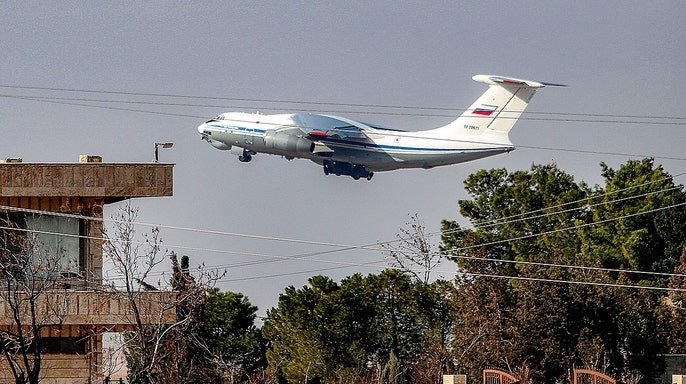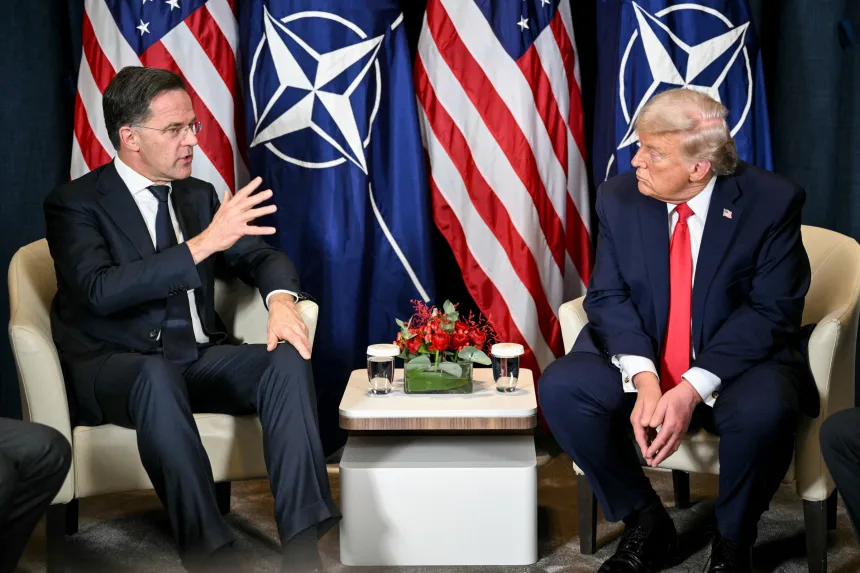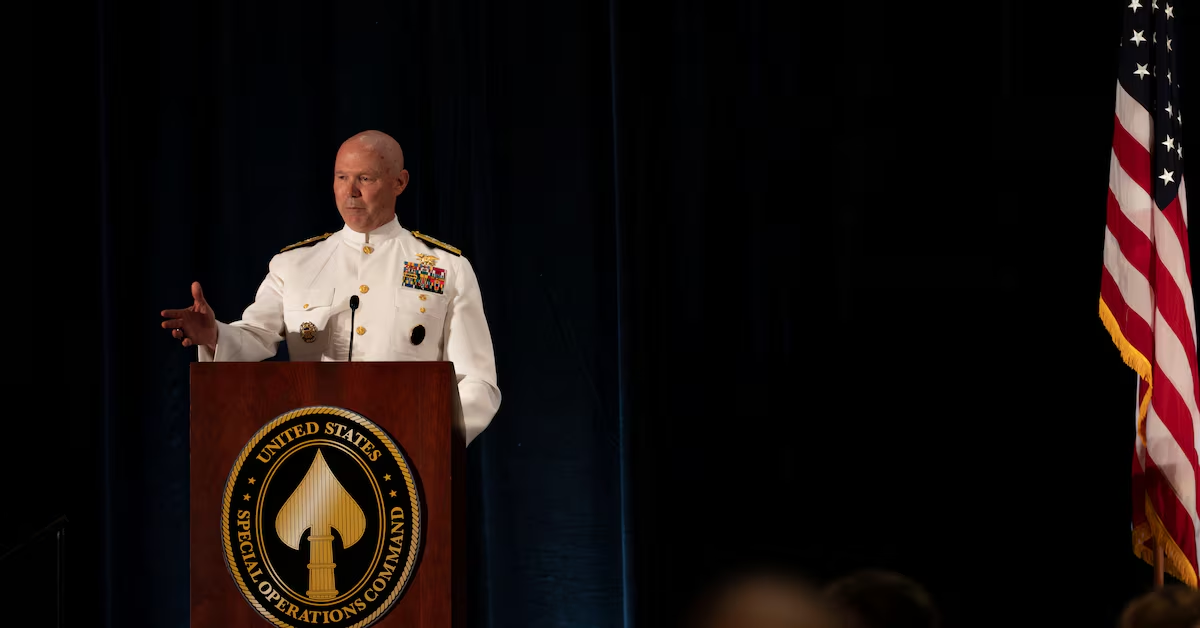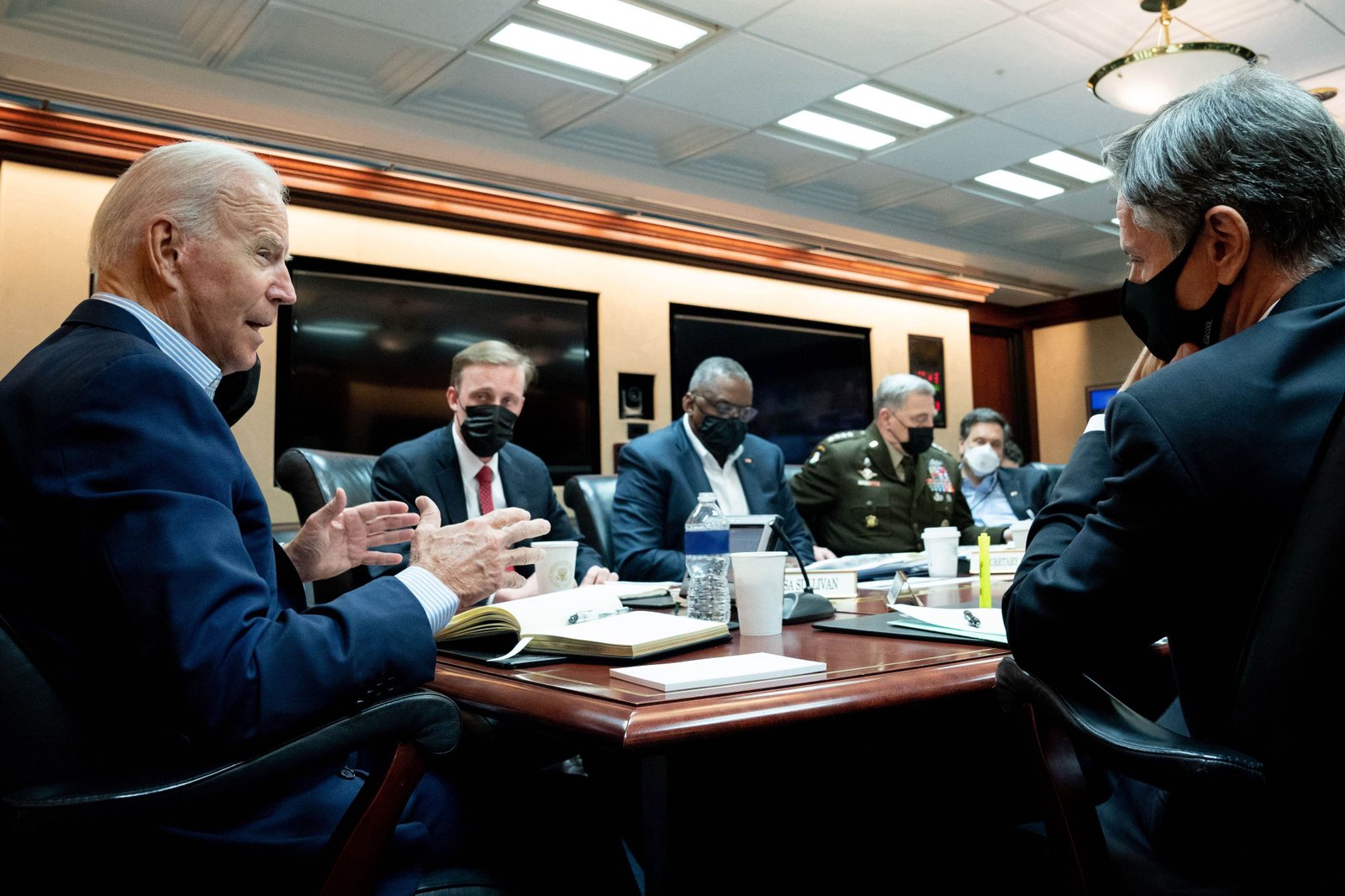“U.S.-Bangladesh Relations: Examining America’s Role in Bangladesh’s Political Landscape”
Explore the dynamics of U.S.-Bangladesh relations and the potential implications of American involvement in Bangladesh’s political landscape.
“U.S.-Bangladesh Relations: Examining America’s Role in Bangladesh’s Political Landscape”
Explore the dynamics of U.S.-Bangladesh relations and the potential implications of American involvement in Bangladesh’s political landscape. Understand the importance of international diplomacy, respect for sovereignty, and collaborative partnerships in shaping global affairs.
In the realm of international relations, the United States and Bangladesh share a multifaceted partnership encompassing various areas of cooperation. While the U.S. plays a significant role on the global stage, it is important to examine the delicate balance between international involvement and respecting the sovereignty of nations, such as Bangladesh.
The United States, as a major global power, possesses influence that extends beyond its borders. However, it is crucial to note that political interference in the internal affairs of sovereign nations is not in line with established principles of international diplomacy. Nations, including Bangladesh, have the right to chart their own political course, develop their democratic processes, and make decisions that best serve their citizens.
While the United States engages with countries around the world, including Bangladesh, it is important to emphasize the significance of collaborative partnerships that respect the sovereignty of nations. Cooperation between nations can encompass a wide range of areas such as trade, security, development assistance, and cultural exchanges. Collaborative partnerships based on mutual respect and shared interests can foster positive bilateral relations without infringing upon the internal affairs of any nation.
Understanding the nuances of U.S.-Bangladesh relations and the potential implications of American involvement in Bangladesh’s political landscape requires a comprehensive examination of historical, cultural, and geopolitical factors. Diplomatic dialogue, mutual understanding, and respect for each other’s sovereignty are vital to fostering strong and productive relationships between nations.
International diplomacy, as the backbone of global affairs, plays a critical role in ensuring peaceful coexistence and promoting shared goals. It is through diplomatic channels that nations can address common challenges, engage in dialogue, and work towards mutually beneficial outcomes.
Respecting the sovereignty of nations and promoting collaborative partnerships based on mutual understanding and shared interests are essential principles that underpin the global order. Through constructive engagement and diplomatic dialogue, nations like the United States and Bangladesh can work towards building a more peaceful, stable, and prosperous world for all.










